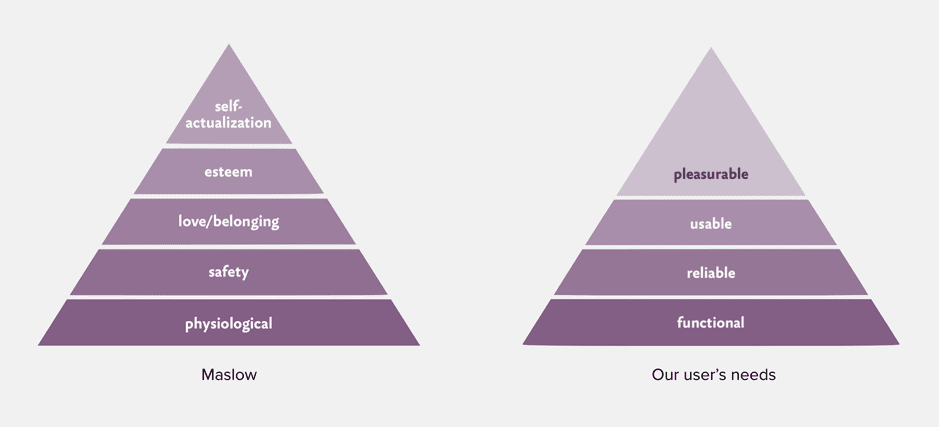Table of Contents
How People Used to Read
Best case scenario? You’re sitting down. You’re on a couch with a cup of tea and a real, physical book that you actually want to read. Maybe you even have a few spare hours with nothing else to do but read.
Even in the worst case scenario, reading once meant having a physical object in your hands that didn’t change and only had one function. Your personal reading environment was also more attention-friendly—no cellphones meant that you weren’t constantly interrupted by bells, whistles, and beeps.
So even in the worst case scenario, reading was once a different game:
- Audiences faced fewer interruptions
- Readers ingested words and information in a predictable, common format
Because of these factors, writers had more wiggle room to play with. Instead of just focusing on the baseline needs of readers—the information they needed to present—they could play with serpentine sentences, buildup, and poetic description.
Literary fiction fits the bill, artfully expressing thoughts.

How We Read Now
Most of our current reading experiences involve waiting in line with our smartphones. Most reading takes place in the world of clicks and pixels, devices and stolen moments. We start one article and answer an email, we finish whenever we remember or get back to it.
We don’t have lots of time to read: we’re tired. We’re busy. And in this scenario, our brains function differently. While reading is still the main point of our focus, pixels mean that our attention is easily disrupted.
Reading is no longer a linear experience—so why do we still think about writing like it is? You don’t have an endless amount of time and energy to read.
We Need to Think About Writing Differently
Omit needless words.
Strunk & White’s The Elements of Style had it right all along. After all, what are you doing right now? What else is vying for your attention? Everything.
That’s why my vote for the most underrated editing book in the world is Letting Go of the Words.
Don’t balk at the state of literature or bemoan the impact of the internet on literacy. Empathize with your audience. Be realistic about how many resources people can actually devote to your words and ideas. Edit as needed.
